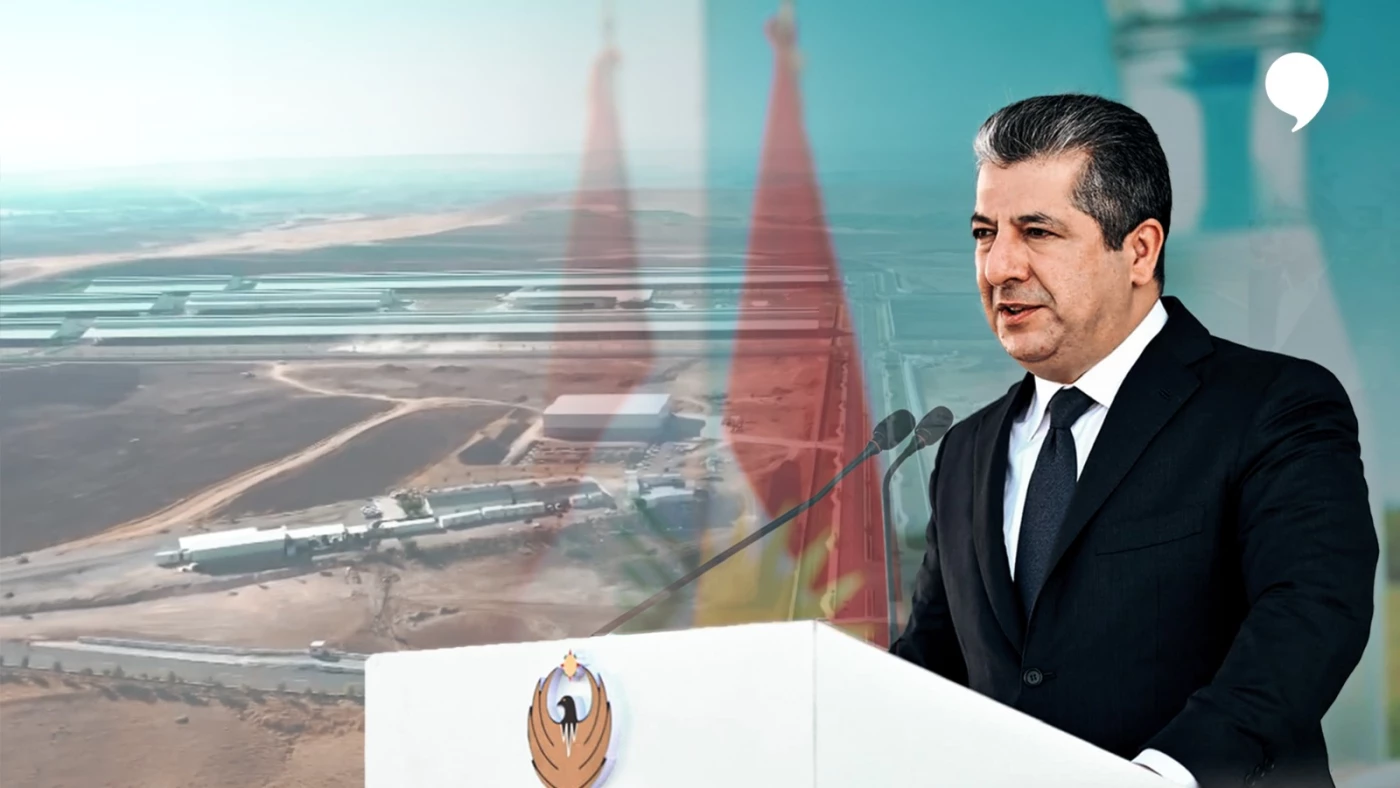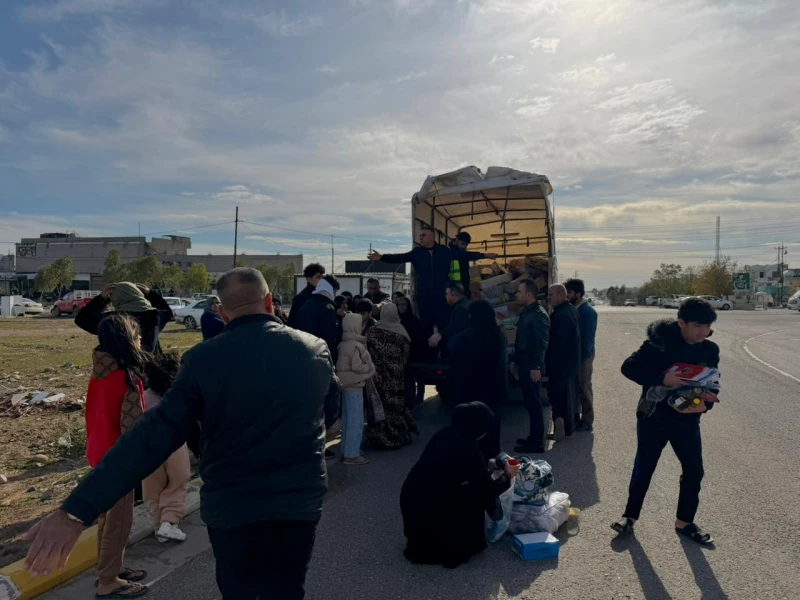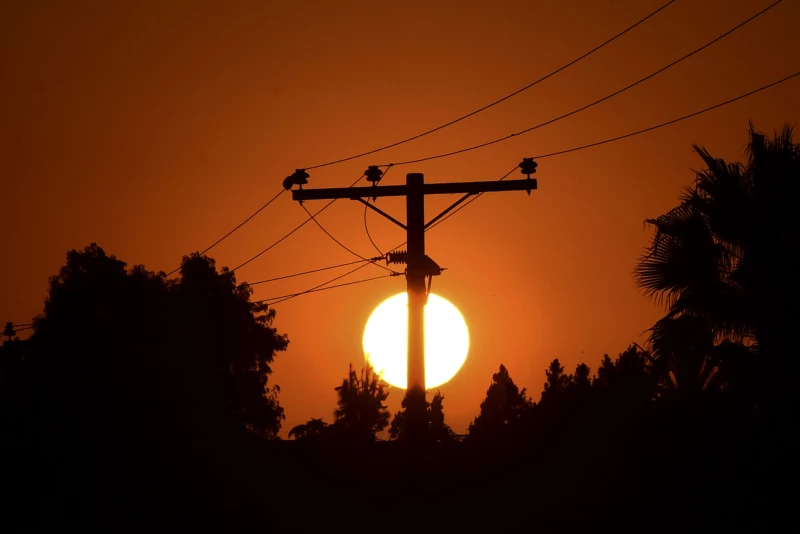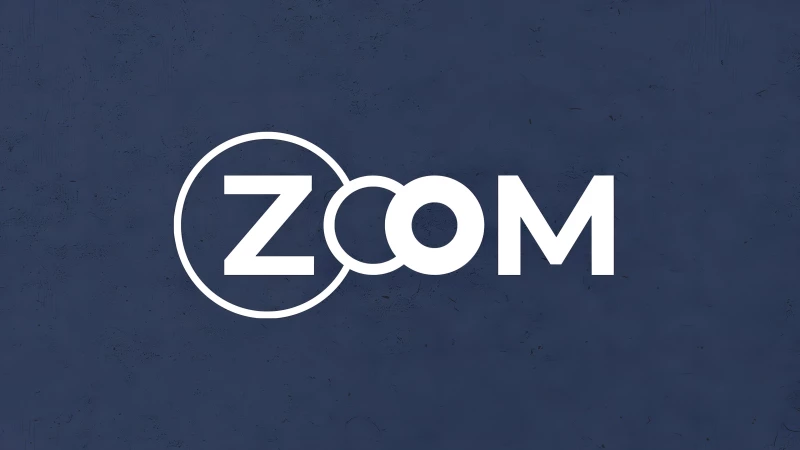ERBIL, Kurdistan Region of Iraq - A key focus of the Kurdistan Region’s ninth government cabinet under the leadership of Prime Minister Masrour Barzani is to revitalize economy, laying the groundwork for the establishment of a significant number of factories for the purpose of creating as many jobs and securing a lasting economic independence.
From July 2019 to September 2024, a total of 977 factories, with a budget of 1.1 billion dollars, have been licensed across the Kurdistan Region. They have altogether helped create 15,245 jobs, a strategic achievement for the ninth KRG cabinet to reduce the unemployment burden on the government’s shoulders.
The Kurdistan Region currently boasts a total of 4,547 high standards licensed factories.
The factories are primarily designed to boost agriculture, increasing investment in the sector from 1.8 to 8 percent, with the government displaying its full dedication to ensuring food security.
In the course of the past three weeks, Prime Minister Barzani has inaugurated four major factories that will advance the sectors of agriculture, health and electricity.
Prime Minister Barzani on Monday inaugurated Kavin Farm in Duhok, the Kurdistan Region’s largest livestock and dairy project. The 90-million-dollar project creates over 1,000 new jobs.
Today, we opened the biggest dairy farm in the country.
— Masrour Barzani (@masrourbarzani) October 7, 2024
Kavin Farms produces 120,000 liters of milk/day and over 1,000 new jobs. pic.twitter.com/BRGj4QWnXn
“Two years ago, we came here to lay the foundation stone for this project, and today we are here to inaugurate the project,” said Prime Minister Barzani at the inauguration.
The Kurdish premier reiterated his cabinet’s commitment to strengthening the agriculture sector to promote local products and ensure food security at times of crises. He also highlighted the government’s continued efforts to make the Kurdistan Region a player in the international market.
“We have for a long time made serious efforts to connect Kurdistan to the international market through exporting Kurdistan local products into the outside world, and we have succeeded in that as we have exported agricultural products from Kurdistan to the Gulf and some other countries,” said Prime Minister Barzani.
Prime Minister Barzani on October 2 inaugurated two factories in Erbil including the SMC factory for making syringe, and an 80-million dollar Copper and Cable factory which produces 100,000 tonnes of cable from scrap metal for the local market every year.
To date more than 4,500 new factories have been licensed, many of which are now beginning to open their doors.
— Masrour Barzani (@masrourbarzani) October 2, 2024
Among them is the SMC syringe factory in Erbil. pic.twitter.com/8KBZ0JNJea
And on September 21, the prime minister opened a 200 million dollar wheat factory in Zakho which helps farmers offload 1,000 tonnes of their harvest on a daily basis for marketing.
“With agriculture investment up 5x in the last five years, we’re securing food security and a stronger Kurdistan,” PM Barzani said on social media platform X upon opening the factory.
I’m pleased to return to Zakho to open the $200mn Slevana wheat factory.
— Masrour Barzani (@masrourbarzani) September 21, 2024
This 1,000-ton/day plant allows farmers to offload their harvest for marketing.
With agriculture investment up 5x in the last five years, we’re securing jobs, food security and a stronger Kurdistan. pic.twitter.com/UiSENg9zmd
In an interview with Ava Media, The New Region’s media partner, which was aired on October 4, PM Barzani said they were heavily focused on advancing the sectors of agriculture and industry in the Kurdistan Region to make them key sources of revenue.
"One of the never-ending natural resources is agriculture,” PM Barzani said. "We should be able to develop this sector so a lot of people could take advantage of the agricultural products, and we could establish food security for the Kurdistan Region and turn Kurdistan into a food basket to provide food security for other places as well.
"This will pave the way to strengthen the Kurdistan Region’s position in many ways, including creating more jobs, sending farmers back to agricultural works and resume farming.
"We succeeded in operating the industry sector, and exporting our products abroad. These things all help create jobs and stir trade movements.”
Officials and economic experts highly commend PM Barzani’s efforts to revitalize and diversify the Kurdistan Region’s economy and a promising economic independence.
Mohammed Shukri, head of the Kurdistan Board of Investment, described the establishment of the huge number of factories by the government as a “major economic boom” that is designed not only to meet the domestic needs, but also “export goods and services and materials to outside Kurdistan.”
“These factories have created thousands of jobs and by opening more of them in the future, they will create thousands more,” Shukri added. “The factories are mainly working in the sectors of electricity, food industry, and recycling."
Economic experts echo the viewpoint that the opening of the abundant factories would considerably influence economic development in the Kurdistan Region.
"The emergence of factories profoundly influences economic development by generating employment, enhancing productivity, and cultivating local supplier chain, so augmenting consumer expenditure and invigorating local economies,” Dr. Sherzad Ahmed, a PhD holder in Financial Economics from the Northern University of Malaysia, told The New Region on Wednesday. “Manufacturing facilities frequently stimulate infrastructure advancement and create export prospects.”
Ahmed added that factories “foster technical progress via research and development, resulting in innovation and novel goods, thereby improving a nation's trade balance and foreign exchange revenues."
Another positive impact of factories on economic growth is that "this approach may also facilitate urbanization, as individuals relocate for employment opportunities, while offering training that improves the skills set of the workers.
"Nonetheless, whereas factories can diversify economies and diminish dependence on singular industries, it is imperative to evaluate their potential adverse environmental effects to guarantee sustainable development."
In addition to factories, the ninth cabinet has carried out 430 projects, including 185 in Erbil, 94 in Sulaimani, 84 in Duhok, five in Halabja, 24 in Garmiyan administration, 15 in Raparin administration, 15 in Zakho and, eight in Soran, across the sectors of trade, banks, health, industry, tourism, agriculture and housing between 2019-2024, according to the KRG.



 Facebook
Facebook
 LinkedIn
LinkedIn
 Telegram
Telegram
 X
X


